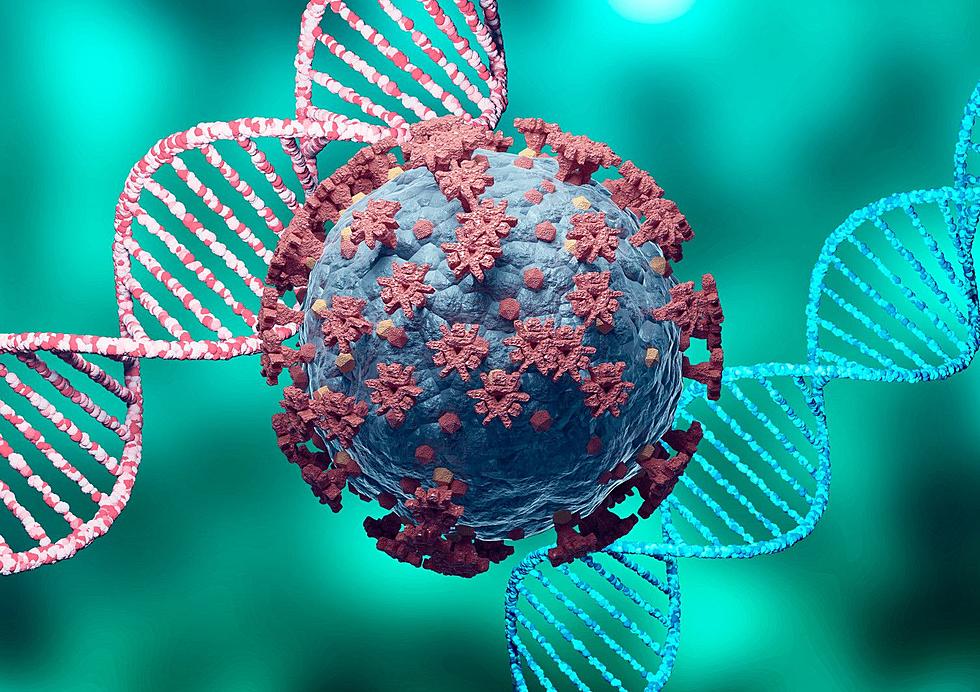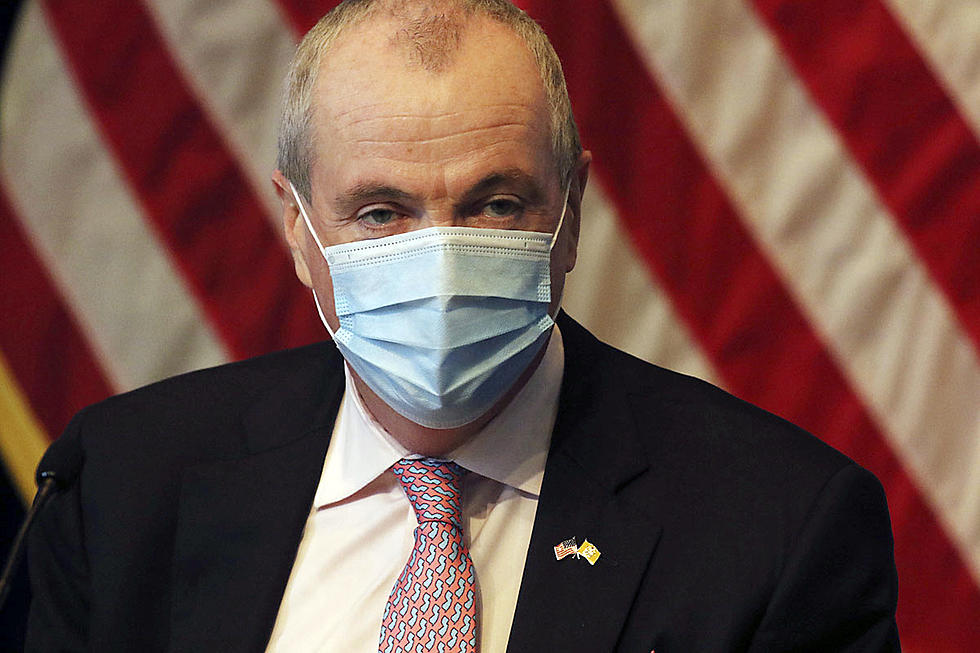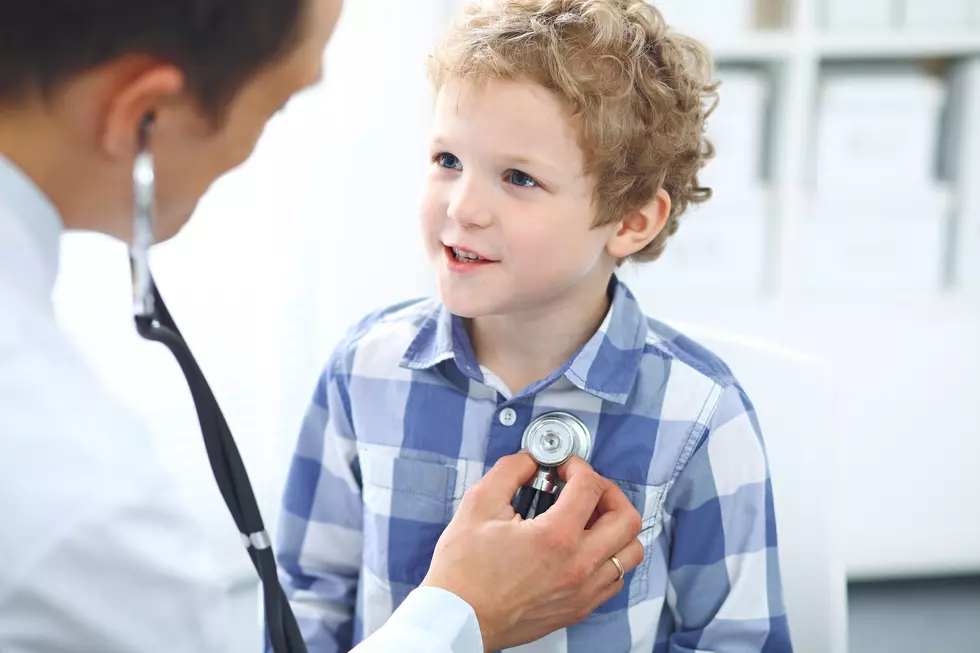
Rutgers develops rapid screening test for omicron and other COVID-19 variants
A team at Rutgers New Jersey Medical School of New Jersey has developed a rapid test, which is up for approval for clinical testing, that can detect all known COVID-19 variants, including alpha, beta, gamma, delta, and the highly transmissible omicron.
David Alland, chief of infectious diseases at Rutgers New Jersey Medical School said the team amplified the RNA signal from SARS-CoV-2 and they have special probes that can detect mutations that differentiate one strain from another.
He said what makes this test different from others is that they are releasing the directions on how to make the test so other people in other states and countries can use it. That information can be found on a pre-print server, MedRxiv, which will be updated periodically when needed.
Also, the probes are much more tolerant to other mutations and new mutations that this virus may develop. "We expect that this test can detect additional variants as they emerge," Alland said.
Special probes called "sloppy molecular beacons" perform particularly well at detecting mutations in organisms that mutate frequently. Alland said these probes can hybridize to a DNA or RNA target. They develop a color change when they detect a mutation. The temperature at which they develop this color change will vary depending on the type of mutation. They are flexible and easy to use to detect a variety of mutations.
As soon as omicron emerged, Alland said his team worked with partners at the National Institute of Health to get a sample of the virus. They have a facility where they can grow dangerous pathogens including SARS-CoV-2. So they grew the pathogen and based on the RNA sequence, developed sloppy molecular beacons that detect mutations that differentiate omicron from other variants of concern.
Since Rutgers is part of a big hospital system, they were able to get a large number of samples from patients and those tests were able to confirm whether they were detecting the right variants using more standard genetic techniques.
Alland said this test had perfect coordinates with the more standard approaches, which take much longer to do and are more cumbersome.
It's important to be able to develop tests rapidly and get them out to people who need them, Alland said. That's why the directions on how to create this test are available on a pre-print server for others to use.
"With COVID, things change very quickly. We really can't use old practices of working slowly to develop tests, drugs, and vaccines," Alland said. New faster ways need to be developed to address the pandemic as it changes. On the diagnostic front, Rutgers is working on setting up a facility that can respond within days, not weeks to new variants.
The Rutgers team is now working to obtain rapid approval from the New Jersey Department of Health to use this new rapid test on patients, where it could help determine the correct type of antibody treatment and potentially help identify patients at high risk for severe COVID-19.
Inside ISLAND Waterpark, coming soon to Atlantic City
More From Beach Radio










